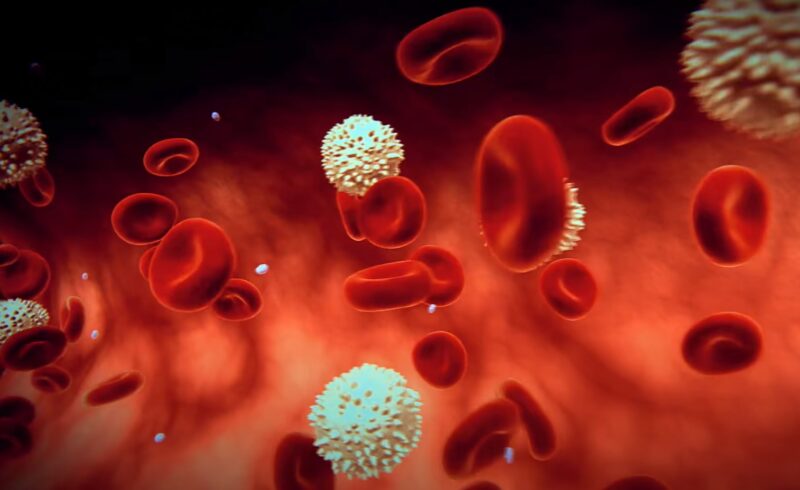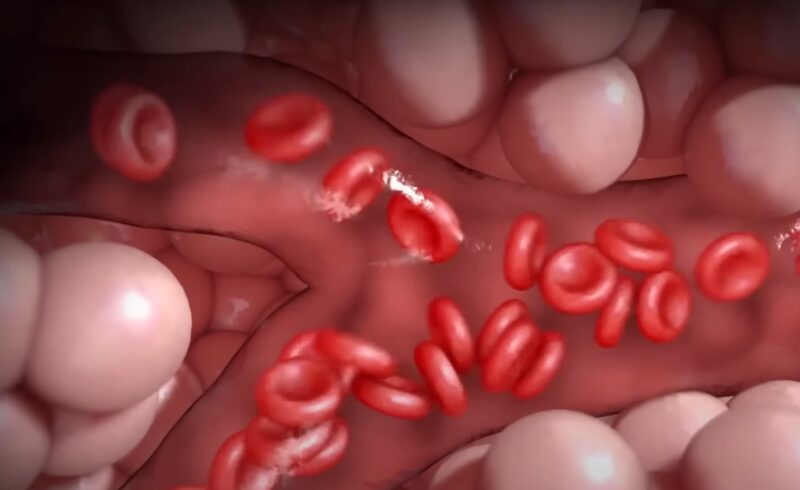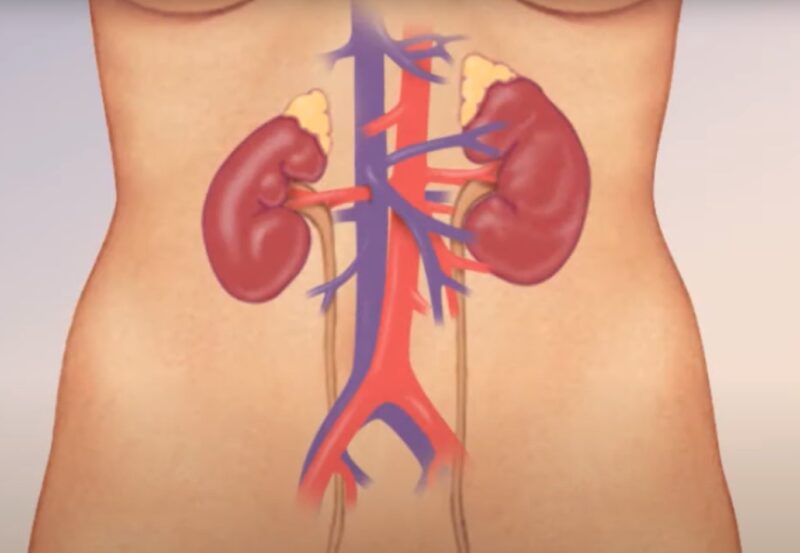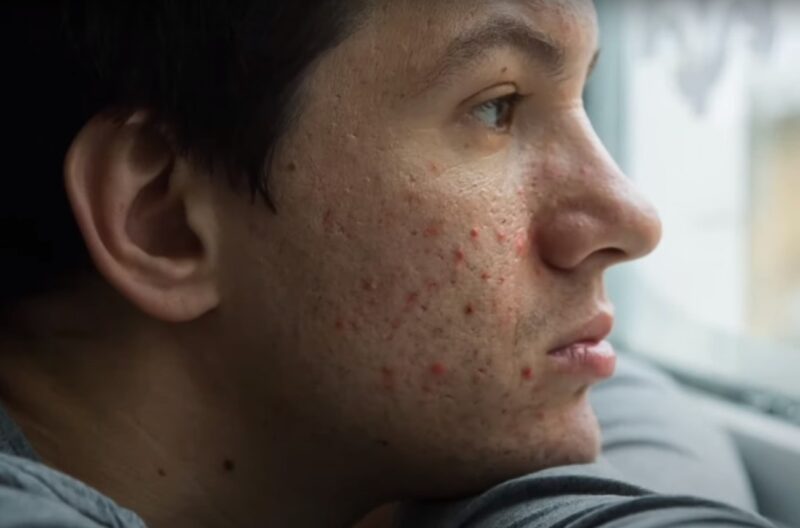Did you know that poison ivy, a plant found in various parts of the world, has quite the reputation for causing an incredibly itchy and blistering rash? All it takes is a simple brush against its oil, called urushiol, to experience this unpleasant reaction.
While there are medications and treatments available at the store or through a prescription, lots of people prefer to try out home remedies for some relief. In this article, we’ll explore eight effective home remedies for poison ivy, giving you some insights into how they’re used and the benefits they offer.
1. Immediate Rinse
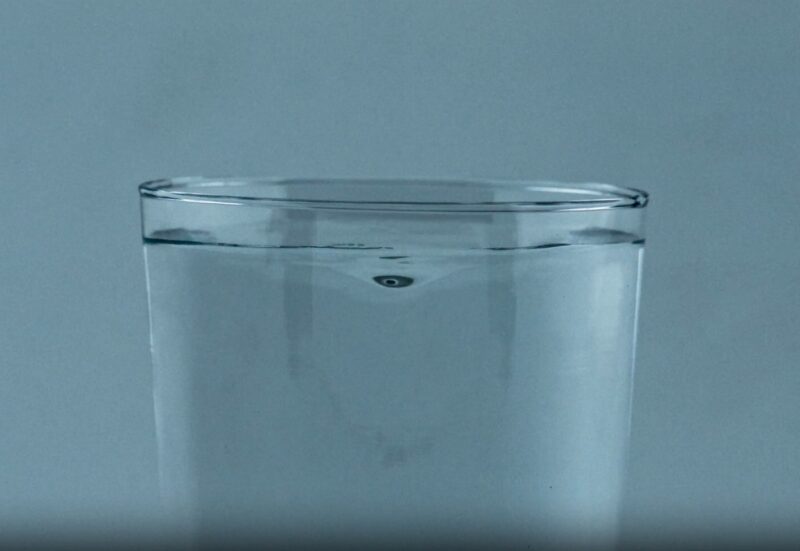
When you come into contact with poison ivy, the very first and incredibly important thing to do is to rinse the affected area with lukewarm water. This simple step can make a big difference by washing away the urushiol oil, which might lessen the intensity of your reaction.
Time is of the essence here, so it’s crucial to act swiftly, ideally within the initial 30 minutes of coming into contact with the plant. Also, remember to steer clear of hot water as it can open up your pores and potentially allow more oil to penetrate your skin.
2. Cold Compresses
If you’re dealing with an itchy and swollen rash, try using cold compresses for some much-needed relief. Simply wrap up ice packs or even frozen veggies in a soft towel and gently apply them to the affected area.
Leave it on for about 15 to 20 minutes. This technique works wonders, especially in the early stages of the rash when the itching is at its worst. Give it a shot and feel the soothing effects for yourself.
3. Oatmeal Baths
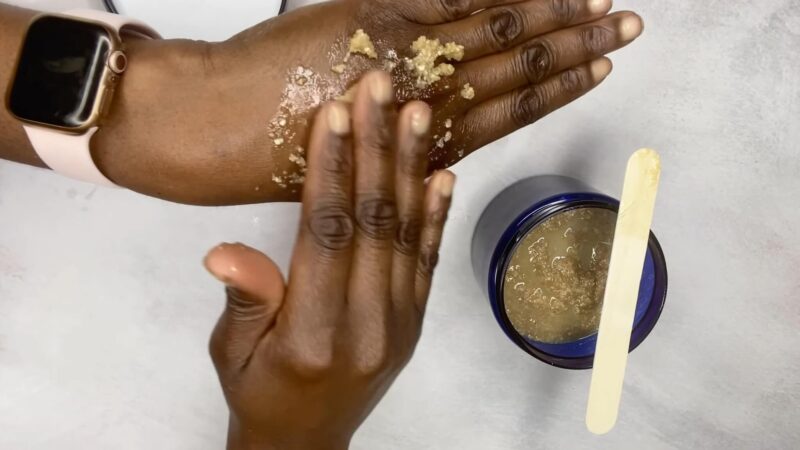
Oatmeal has been known for its ability to soothe the skin for a long time. If you’re dealing with a pesky poison ivy rash and the itchiness and inflammation are driving you crazy, a nice colloidal oatmeal bath might just do the trick.
Here’s what you need to do: take some plain oatmeal and grind it into a fine powder. Then, add it to a nice warm bath. All you have to do is soak in this concoction for about 15 to 30 minutes, and you’ll experience some serious relief.
4. Baking Soda Paste
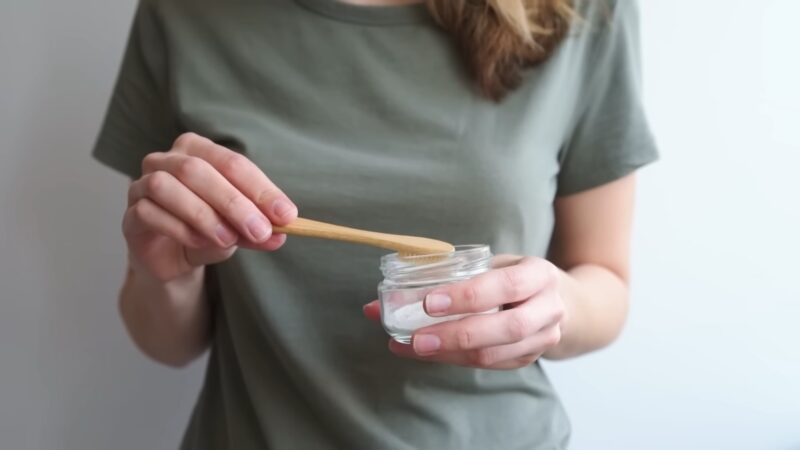
Did you know that baking soda, that common household item, can actually help soothe those pesky poison ivy rashes? It’s true!
All you have to do is mix three parts baking soda with one part water to create a paste, and then gently apply it to the affected area. This paste works wonders by drying out blisters and providing relief from itching and irritation.
5. Aloe Vera
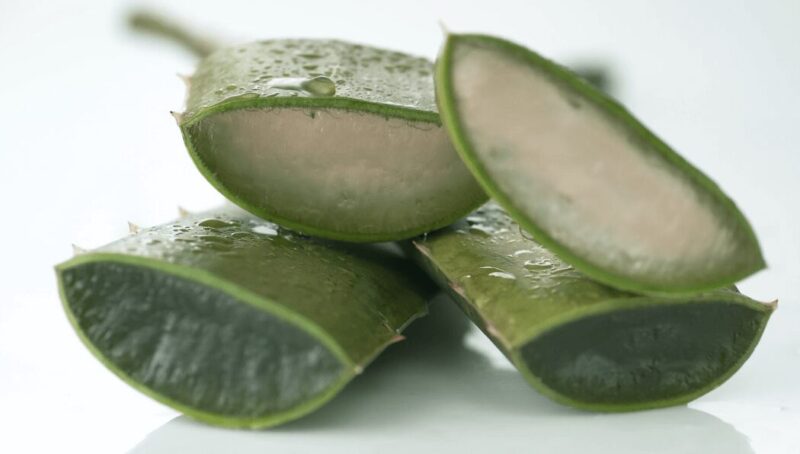
Aloe vera is famous for its incredible ability to soothe and heal, making it a fantastic solution for those pesky poison ivy rashes.
Just slathering some pure aloe vera gel, preferably straight from the plant itself, can provide a cool and calming sensation to your skin while also aiding in the healing process.
Plus, it’s a great way to keep your skin moisturized, which is absolutely essential for a speedy recovery.
6. Apple Cider Vinegar

Apple cider vinegar can also come to the rescue. Simply take a cotton ball and gently apply a small amount of diluted apple cider vinegar to the rash. Remember to mix the vinegar with water to make it gentler on your skin and avoid any potential irritation.
7. Witch Hazel
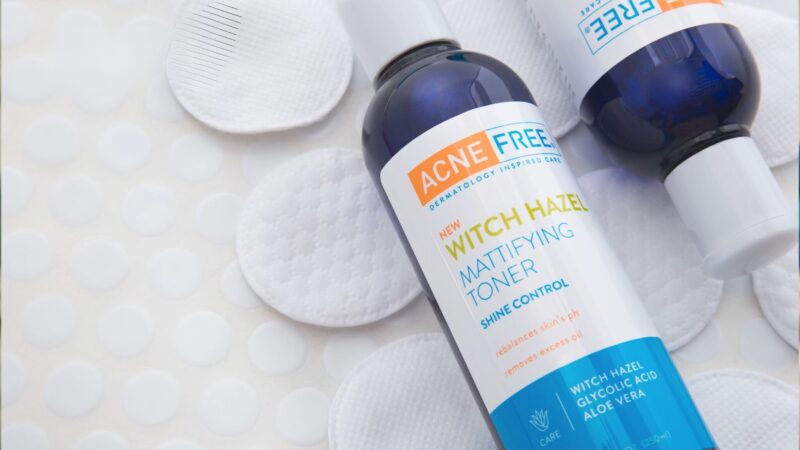
Witch Hazel is a natural astringent that has properties that help reduce inflammation and soothe itching. Simply apply witch hazel directly to the affected area using a clean cloth or cotton ball a few times throughout the day for optimal results.
8. Cucumber Slices
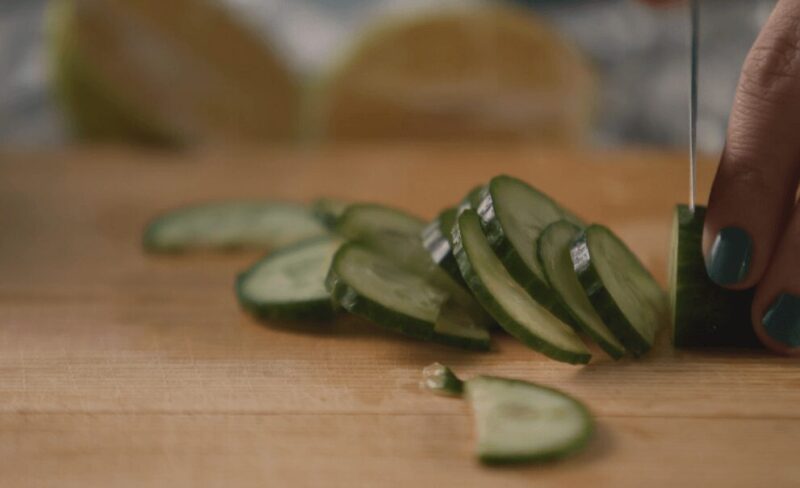
This one is pretty straightforward. All you have to do is grab some chilled cucumber slices and place them on the irritated skin. You’ll be amazed at how quickly they provide relief from the itching and swelling.
Plus, this remedy is super gentle and refreshing, so it’s perfect for anyone, regardless of their skin type. Give it a try and experience the soothing power of cucumbers firsthand.


